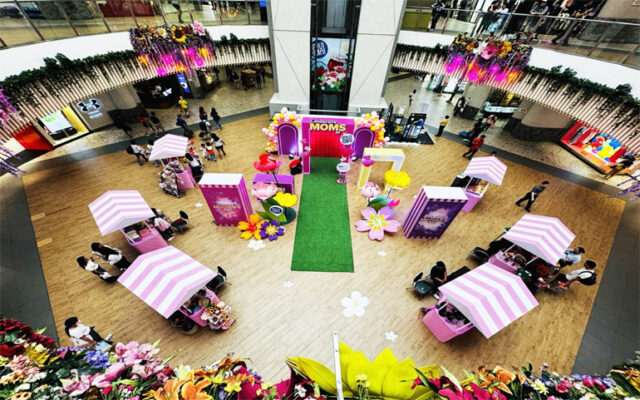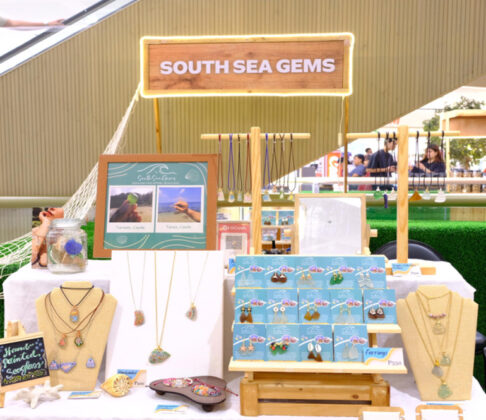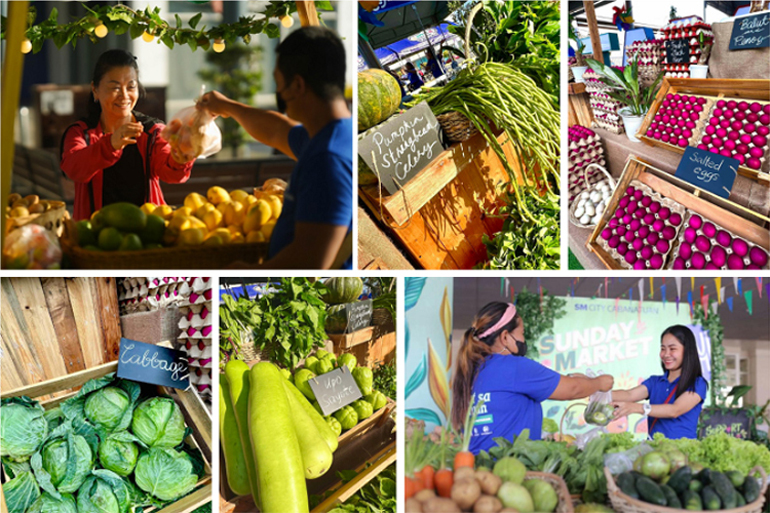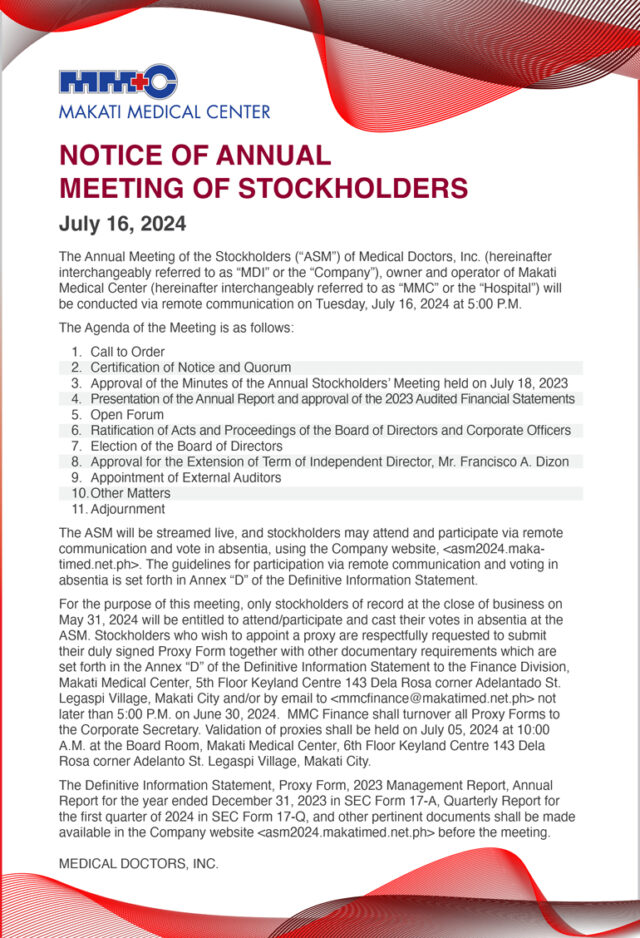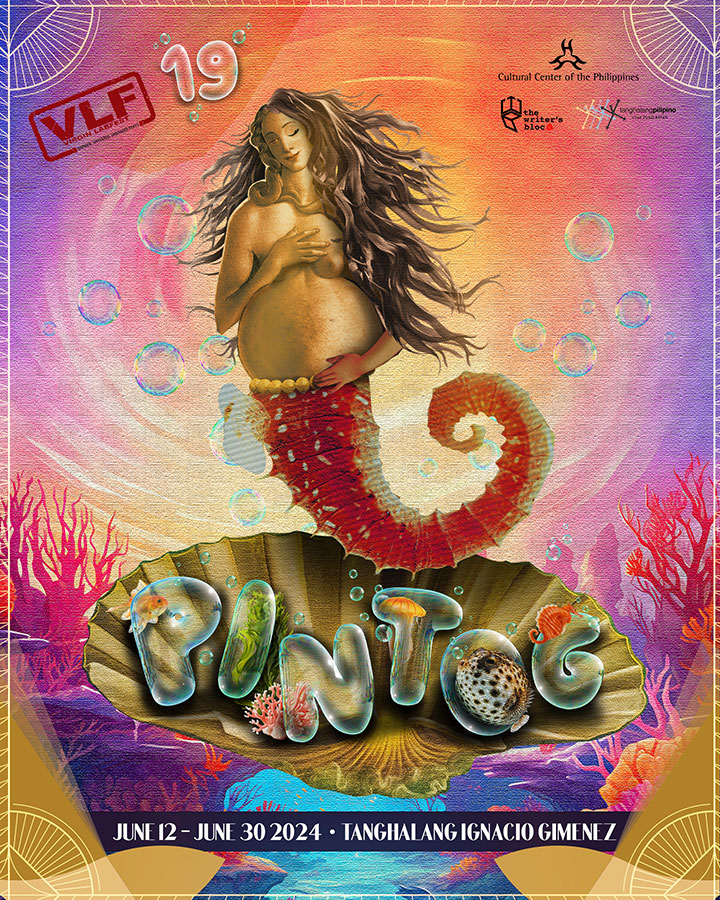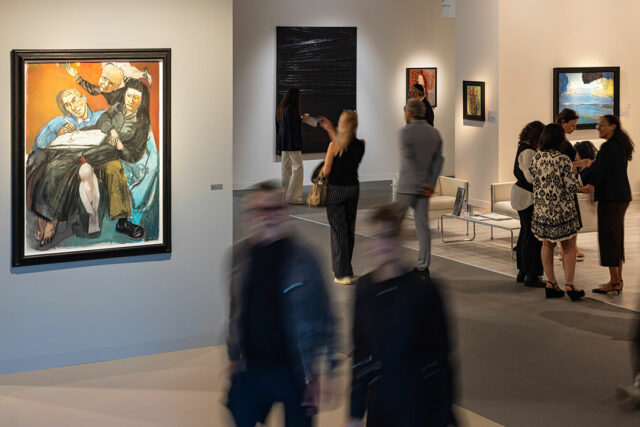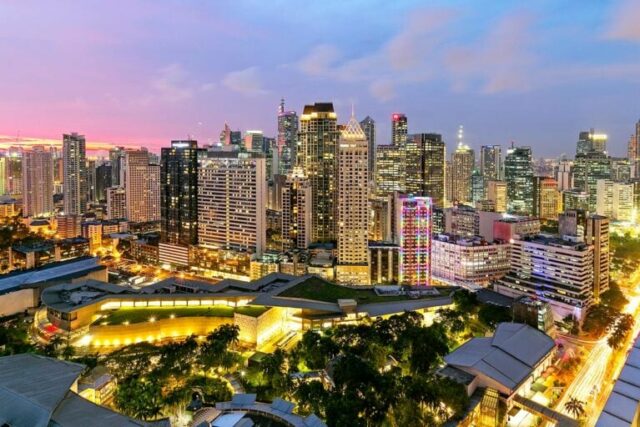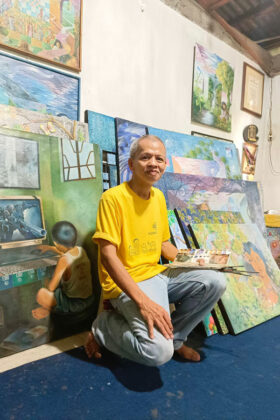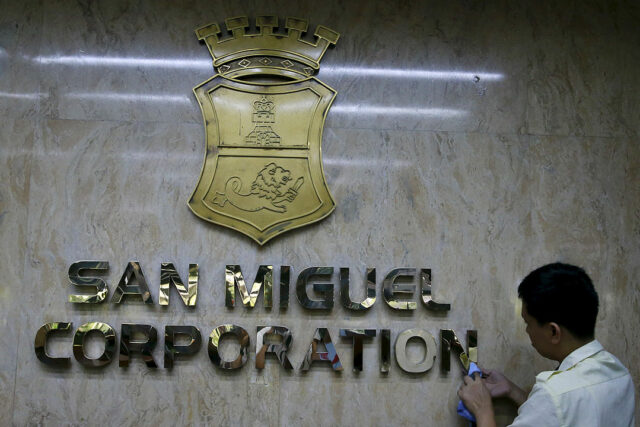PHL competitiveness still lags in Asia-Pacific

By Justine Irish D. Tabile, Reporter
THE PHILIPPINES saw its ranking in an annual global competitiveness report remain unchanged and continued to be one of the laggards in the Asia-Pacific region amid a drop in business efficiency.
In its 2024 World Competitiveness Ranking (WCR) by the Switzerland-based International Institute for Management Development (IMD), the Philippines ranked 52nd out of 67 economies, unchanged from last year.
It also marked the seventh year that the Philippines remained in 13th place out of the 14 Asia-Pacific economies included in the report.
Singapore topped this year’s list, followed by Switzerland, Denmark, Ireland and Hong Kong.
This year, the index expanded its scope to include Ghana, Nigeria and Puerto Rico. In 2023, there were only 64 economies covered by the index.
IMD ranked the economies using 336 indicators spread across four competitiveness factors: economic performance, government efficiency, business efficiency, and infrastructure.
José Caballero, senior economist at the IMD World Competitiveness Center, said that the factors that have diminished the Philippines’ competitiveness this year are related to government and business efficiency.
Mr. Caballero said that the country saw a decline in measures of business legislation such as the protection of foreign investors (65th), the transparency of public sector contracts (56th), the impact of state-owned enterprises (46th), and new business density (62nd).
Asian Institute of Management (AIM) Rizalino S. Navarro Policy Center for Competitiveness Executive Director Jamil Paolo S. Francisco said the Philippines remained in 52nd place despite a decline in two factors — business efficiency and infrastructure.
The Philippines fell three spots to 43rd on business efficiency this year from 40th in 2023. Significant declines were seen in labor market, finance, management practices, and attitudes and values.
“The drop in business efficiency is particularly worrisome because this was a factor that the Philippines performed relatively well at 10 years ago, and we have observed a steady decline in this factor since 2019,” Mr. Francisco said in an e-mailed statement.
For the infrastructure factor, the Philippines slipped three places to 61st in 2024 from 58th last year. This as challenges persist in basic infrastructure, technological infrastructure and education.
Mr. Francisco said that the country’s drop in the infrastructure factor was a concern, as this has been the Philippines’ weakest area for a very long time.
“This is also worrisome because this means we are really lagging behind in terms of providing the physical, human, technological, and social infrastructure needed by private enterprises to generate employment and create business value,” he added.
The Philippines maintained its 40th rank on economic performance, while it climbed three spots to 49th on government efficiency.
Philippine Chamber of Commerce and Industry Chairman George T. Barcelon said the country should address basic and transport infrastructure in order to be competitive.
“When you want to be competitive, especially in the industry and service side, you need to have some of the basic infrastructure, such as availability of quality and affordable power,” Mr. Barcelon said in a phone interview.
“The other one is the availability of mobility or connectivity like roads, seaports, airports, and main corridors for the agriculture sector, which we don’t have,” he added.
The government should also address the decline in the skills of the country’s workforce.
“We are not giving them the proper tools… The technology that’s required now for higher value-added jobs requires more, such as in information technology and in the fourth industrial revolution,” Mr. Barcelon said. “There are some shortcomings in that. But that can be easily addressed if we beef up more specific or targeted skill sets for certain industries.”
According to IMD, the Philippines was less competitive in the areas of business legislation (60th), basic infrastructure (62nd), and education (63rd).
“In 2024, the Philippines faces significant challenges, including revitalizing economic dynamism and growth trajectory, managing inflation expectations, building sustainable physical, social, and technological infrastructure to improve productivity and reduce vulnerabilities, and addressing territorial disputes in the West Philippine Sea to mitigate economic disruptions,” the AIM center said.
Meanwhile, the Management Association of the Philippines (MAP) views the country’s unchanged competitiveness ranking as both good news and a challenge.
“Infrastructure is a major consideration, so we all understand our rank, knowing the need to improve our infrastructure, which the administration of President Marcos is working on,” said MAP President Rene D. Almendras in a Viber message.
“The other consideration is labor productivity, which is a function of the education and development of the Filipino workforce,” he added.
Meanwhile, the National Economic Development Authority (NEDA) and the Anti-Red Tape Authority (ARTA) are hopeful that the country will improve its ranking next year as the government ramps up its infrastructure projects.
“With the strict implementation of this Executive Order No. 59 as well as related government programs, we expect our ranking to improve next year,” ARTA Secretary Ernesto V. Perez said.
On Tuesday, ARTA launched the implementing guidelines of EO 59, which aim to streamline the permitting process for the government’s infrastructure flagship projects.
“Hopefully, with the full implementation of EO 59, we could notch a bit higher in the next round. In addition to permitting and processes, I think what is also included are right-of-way (ROW) issues,” said NEDA Undersecretary Joseph J. Capuno.
He said that these issues could be addressed by the ROW bill, which is one of the priority bills of Frederick D. Go, the special assistant to the President in charge of investment and economic affairs.
For Foundation for Economic Freedom President Calixto V. Chikiamco, the Philippines will be able to achieve a better ranking in the world competitiveness index if it removes protectionism, especially in relation to agricultural products.
“Protecting the agriculture sector signals no need to improve competitiveness and productivity,” said Mr. Chikiamco in a Viber message.
He added that the country must forge more bilateral free trade agreements, amend the Labor Code, improve education, and reduce bureaucratic regulations, especially in the grant of mining concessions.
According to IMD’s Mr. Caballero, economies that reach high levels of competitiveness have focused on strengthening their public and private institutions, entrepreneurship, and innovative capabilities.
For the Philippines, he said that the country must strengthen its education system to “facilitate the effectiveness of talent development,” as it will also ensure alignment between the country’s available talent and socioeconomic objectives.
In the report, the country ranked 55th in total public expenditure on education, 60th in the quality of primary education, and 63rd in secondary education in terms of pupil-teacher ratio.
“Furthermore, the Philippines’ performance in research and development is feeble,” he added, citing that the country ranked deficiently in all measures of expenditure and the total number of researchers and personnel.




